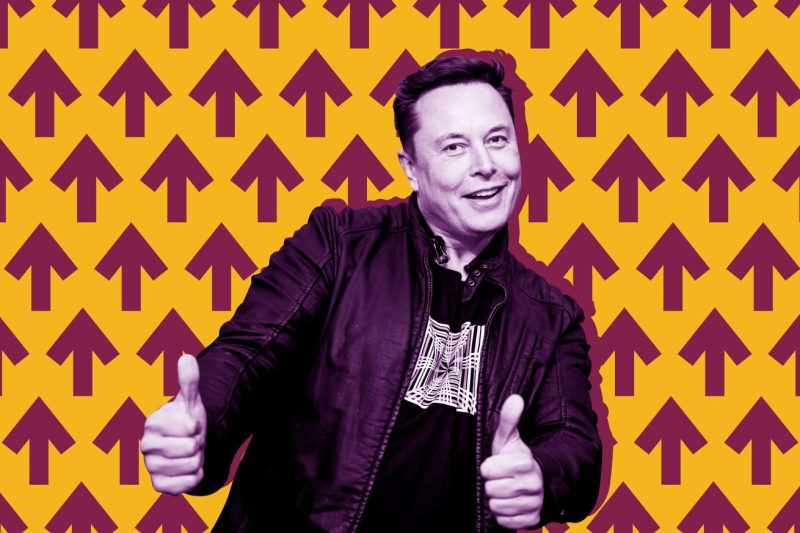In a recent legal decision that has stirred controversy and divided opinions, a judge has declined to block Tesla CEO Elon Musk’s $1 million voter giveaways. The ruling comes amidst heightened scrutiny and concerns over the influence of wealthy individuals on the electoral process. Let’s delve into the details of this complex situation and explore the implications of the judge’s decision.
The genesis of this legal battle can be traced back to Musk’s announcement on social media platforms that he would be giving away $1 million as part of a voter incentive program. The initiative was designed to encourage voter participation and was touted by Musk as a way to increase engagement in the democratic process. However, not everyone viewed the gesture positively, with some critics raising concerns about the potential impact of such giveaways on the integrity of elections.
Several individuals and organizations filed a lawsuit seeking to block Musk’s voter giveaways, arguing that they could unduly influence voters and undermine the fairness of the electoral process. The case was brought before a judge, who was tasked with weighing the constitutional implications of Musk’s actions against the right to free speech and political expression.
In a closely watched decision, the judge ultimately ruled against blocking Musk’s voter giveaways, citing First Amendment protections and the absence of evidence of direct coercion or voter manipulation. The ruling sparked a wave of reactions, with proponents of free speech praising the decision as a victory for individual expression, while detractors raised concerns about the potential for wealthy individuals to wield outsized influence in elections.
The judge’s decision raises a myriad of questions about the intersection of money, power, and democracy in the modern era. As technology and social media platforms continue to evolve, the ability of wealthy individuals like Musk to leverage their resources for political ends becomes increasingly pronounced. While some argue that such initiatives can help amplify underrepresented voices and boost voter engagement, others warn of the dangers of allowing unchecked influence in the electoral process.
Moving forward, the fallout from this legal battle is likely to reverberate across the political landscape, prompting debates about campaign finance laws, voter rights, and the evolving role of technology in shaping democratic outcomes. As society grapples with the complexities of a rapidly changing world, the need for thoughtful and balanced approaches to safeguarding the integrity of elections while preserving individual freedoms has never been more critical.
In conclusion, the judge’s decision not to block Elon Musk’s $1 million voter giveaways marks a pivotal moment in the ongoing discourse surrounding money, power, and democracy. It underscores the challenges inherent in balancing free speech rights with concerns about undue influence and electoral integrity. As we navigate the complexities of the digital age, it is imperative that we engage in thoughtful dialogue and thoughtful action to protect the sanctity of our democratic institutions.

